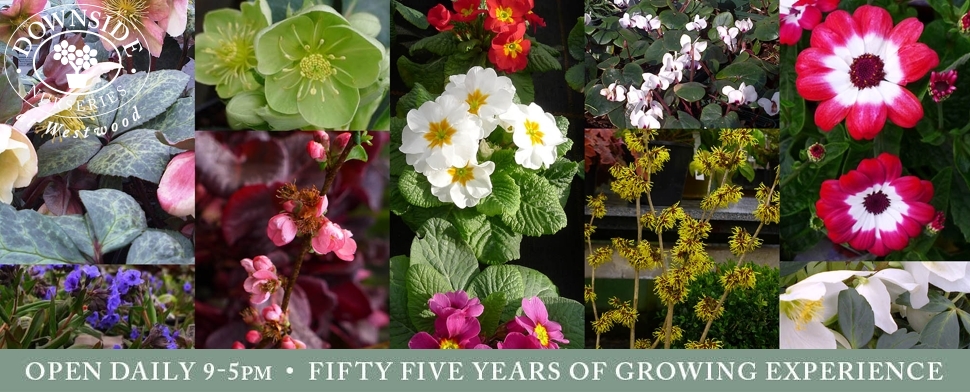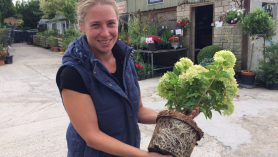There is a great deal of misunderstanding about the term ‘root bound’ or ‘pot bound’. Most people take it to mean a plant which has been potted up for long enough for the roots to fill the pot – which is not in fact true. Actually, it is impossible to tell whether a plant is root bound by simply looking at the roots.
A plant is said to be root bound if, when planted out, it does not root out into the new soil or compost. This phenomenon has been known to gardeners for years but, until it became a commercial issue, it was largely ignored.
In the 1960s, F₁ hybrid vegetable varieties become available. The seed was far too expensive to drill in the traditional way so the plants were grown as plugs. If the weather caused a delay in planting, these would often become root bound and the trade magazines were full of depressing pictures of failed crops.
A little research quickly found the cause of the problem – lack of phosphate. Phosphate is essential for root growth so that if all the phosphate in the compost has been used up, the plant simply cannot grow new roots.
On this nursery, we spent a lot of money on slow-release fertilizers to make sure our plants will establish and thrive in your garden (that is the little squish plastic balls in the compost). If you are in any doubt, the simple remedy is to water with liquid feed before you plant. This is good practice anyway and something we frequently do on the nursery to settle plants into their new environment.
We are potting up plants all the time but the bulk are potted late autumn or early spring. These plants will have made a lot of root growth by now but the compost will not be exhausted, so buy with confidence!
Our plant list is on line here




